Candid, complex and captivating, Jerusalem and Tel Aviv make for a character-building, eye-opening, mouth-watering holiday…
By Doug Wallace
As an atheist, I didn’t have Israel on my bucket list. As a homo, I was skeptical about how comfortable the region would be for LGBTQ travellers who wanted to let their hair down or at least be themselves. As a journalist, I waited for the propaganda I was warned about (which, happily, never came, though the myriad political opinions almost made my head spin clear off). As a goy, I learned a lot. But the 10 tons of fun I had was what I brought home.
Despite all the troubles, Israel is awesome—a cross-cultural mixed bag, cosmopolitan in places, historical to the point of dumbfoundment, and delicious across the board. It even smells good.
Jerusalem—the holy city for Judaism, Christianity and Islam—is especially enticing with its mix of old and new. From the monochromatic limestone buildings punctuated by lush gardens awash in bright botanicals, to the noisy and crowded sidewalk markets, you get a sense that not much has changed around here since Jesus was in third grade. We spent hours in the Old City, wandering the stalls thick with crafts and ceramics, tapestries and jewellery, antiques and souvenirs. The change in atmosphere moving from one religious quarter to another is almost palpable.
At the gates to the Western Wall, I felt like an interloper, on top of being overwhelmed by the number of guns: three different tiers of security forces buzzed around the entire place, some hyper-alert, others bored, others joined hand in hand in a circle breaking out into song. Even young off-duty soldiers in their street clothes had to carry around their guns. I felt sorry for them, particularly the one who sat on a chair praying with his gun in his arms, eyes shut. All Israelis do a mandatory stint of military service, which may be one of the reasons why the population appears to be quite fit, a result of adopting fitness regimens early on. To say that said soldiers were capital-H-Hot would be a huge understatement.
Jerusalem is not without its modernity, of course: the nearby new Mamilla Mall is proof positive of that, with its string of chic shops. This is where we saw an Orthodox busker doing Eagles and Zeppelin songs to the delight of the throng. The culinary scene here is world-class: the variety of fusion permutations springing from so many different cultures yields tantalizing results at restaurants like Satya, Mona and Eucalyptus.
A visitto the Mahane Yehuda fruit and vegetable market is a total taste explosion from beginning to end, with tea and fresh spices by the bushel, and cakes and sticky buns and baklava fresh from the oven. Huge swaths of massive garlic hang twisted into giant bouquets. Sesame seeds are ground into rich tahini before your eyes. Big chunks of dense, flaky halvah weigh down the shelves. I could quite happily have lived in here for days. Later, when it started to rain while we wandered the surrounding outdoor markets, we huddled under a striped sidewalk canopy and munched away on the best falafels we had ever tasted. This is a follow-your-nose kind of city, for sure.
One afternoon, our noses led us to coffee at the Tmol Shilshom Café in the heart of the Downtown Triangle. Rainbow flag-illustrated graffiti outside the door reads: “Here to Stay.” This 20-plus-yearold café-bookstore, its name translating to “only yesterday,” has become an institution for avid readers and noted writers, as well as tons of students, coffee drinkers and the gay crowd. “We never planned it to be the gay spot in Jerusalem; it just happened,” its owner, David Ehrlich, told us. “Our opening coincided with an early LGBT event, and the gay community endorsed us from Day 1.” Religious people ignore the café “mostly because it’s not kosher,” said Ehrlich, who promotes a live-and-let-live attitude. “Our society poses certain problems,” he said, “but I look for bridges. If you do some negotiating, you can find a meeting point.”
This place is older than dirt
A day trip to Masada (the storied ruins of King Herod’s desert mountaintop fortress) proved spectacular, most particularly for its lasting power—this place was the last stronghold of the Jewish revolt against the Romans in the year 73 CE—and for the incredible view. The sky felt so big in the bright sunlight, with the Dead Sea spread out before us. It was as if I had never been in the presence of so much air before.
We naturally stopped off at the Dead Sea on the way home, pulling in to Neve Midbar Beach, elevation minus 400 metres, the lowest place on earth. Guess what? The Dead Sea is a lake. And one-third of its water is salt. How dead is it? Quite dead, actually. We floated like marshmallows, shrieking as we tried to flip ourselves from front to back, slathering each other with thick black mud, then letting it dry in the sun. I’d heard stories of oil slicks and rent boys at the more touristy south end, but here on the northwest shore, things were subdued, all white plastic chairs and fake grass. There was a souvenir shop, and a nice man with a camel was offering rides and photo ops. In the end, I didn’t have a religious experience, I just had a beer.
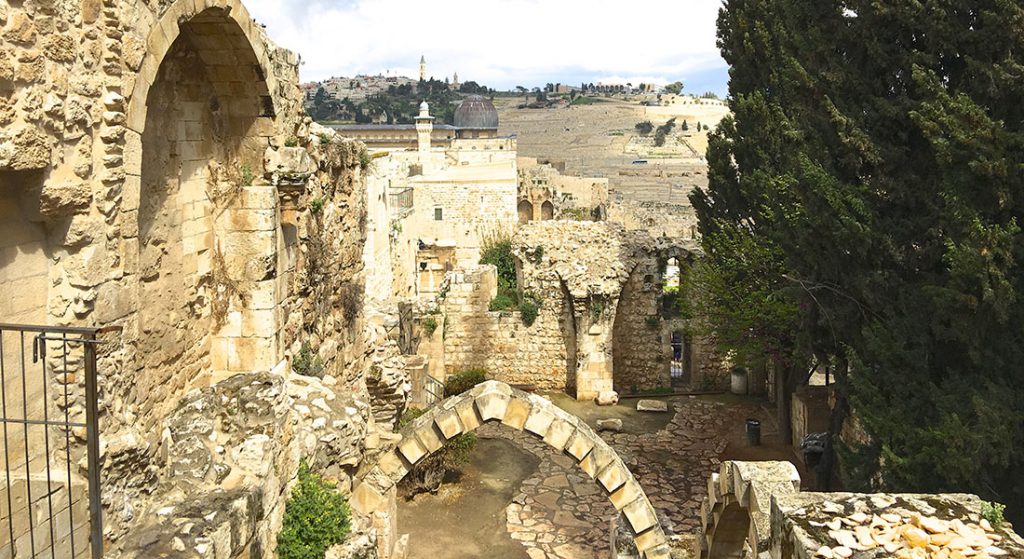
A few days later, leaving Jerusalem for the seaport of Acre near the Lebanese border, we loaded up on falafels and salads before walking it off in the area’s newly excavated underground city, Israel’s first UNESCO World Heritage Site. The current town is apparently built on top of an ancient Crusader city, hidden for centuries, that was buried in the rubble of late 13th-century wars. The archaeologists can barely keep up with the work they have ahead of them.
Down the road an hour, a stop at the ancient Roman aqueduct at Caesarea led to a bit of interesting digging of our own. The Mediterranean has eroded the shoreline to a point where the foundations of the old city have been unearthed, bits of flooring and remnants of pottery flaking away from the embankment.
The city that never sleeps
While there is no gay street or neighbourhood in Tel Aviv, it is the gay capital of the Middle East hands-down. Around 20 to 30 per cent of the population is gay, depending on who you ask. A local politician once joked that you couldn’t throw a stone in Tel Aviv without hitting a gay person, an actor or a cat.
The most brilliant thing about this city has to be the two-kilometre stretch of beach right in the middle of town. It just couldn’t be more convenient—and relaxing, and hot, and sexy, and worth the trip in itself. Tel Aviv is a real walking city, and we strolled the entire waterfront from the marina to Jaffa, hitting the famous flea market and drinking in the mix of old and new.
We wandered through the old neighbourhoods of Neve Tzedek and Florentin, now fashionable and thriving, cool and comfortable. Carrying on to the Carmel fruit and vegetable market, we made a brief pit stop at Hummus HaCarmel for the best hummus I have ever eaten in my entire life—it was so good, I wanted to lie down in it.
While there are not a lot of gay bars (just gay nights in a lot of cool clubs), you can certainly find your party here. Pride is a week-long event in June, drawing 30,000 participants from all over the world, along with $80 million into the economy. The celebration has a very strong family element to it, as does everything in Israel. With family life such an important part of the culture here, and as there is no civil marriage in Israel—marriage being solely a religious rite—it’s not surprising that adoption for LGBT people is such a hot topic.
Sitting down one morning to chat politics with activist Evan Cohen, we learned that many politicians say no to any kind of LGBT legislation, to make their supporters happy and win votes. All the gay stuff just carries on quietly in the background. Cohen feels that not rocking the boat often yields the best results. “It’s sometimes better to have legislation not passed than to try to have it passed and fail,” said Cohen, a founding member and former chairman of Likud Pride, the LGBT-equality group in the ruling Likud party. “Visibility is the most important thing right now,” he told us. “We need to work on being more visible. Be there, be out, and that’s it.”
In the long run, I found a simple serenity pervading Israel, despite some of the tensions. And when you go—and I know you will—remember that Atraf, the local LGBT app, has an English-speaking section.
DOUG WALLACE is the editor and publisher of travel resource TravelRight.Today.

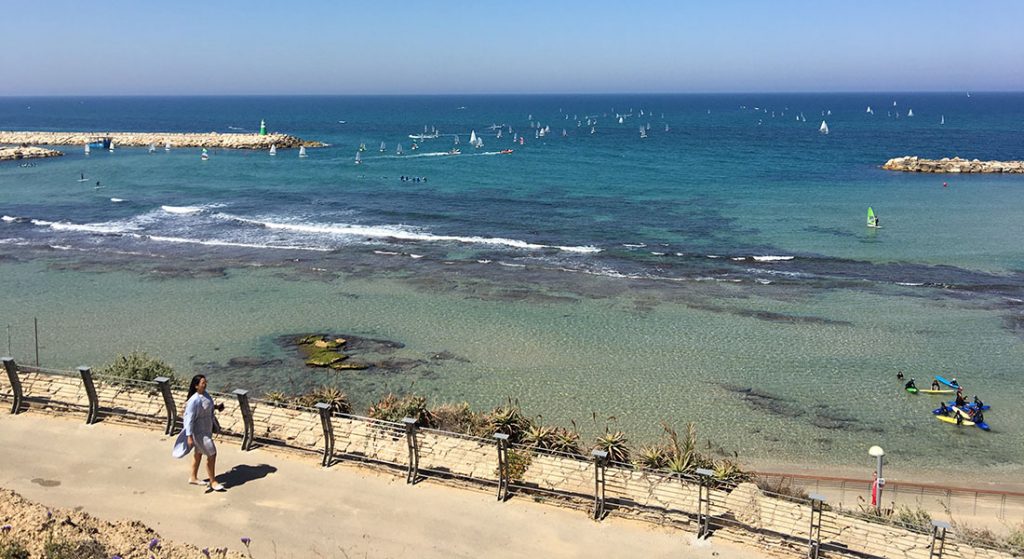
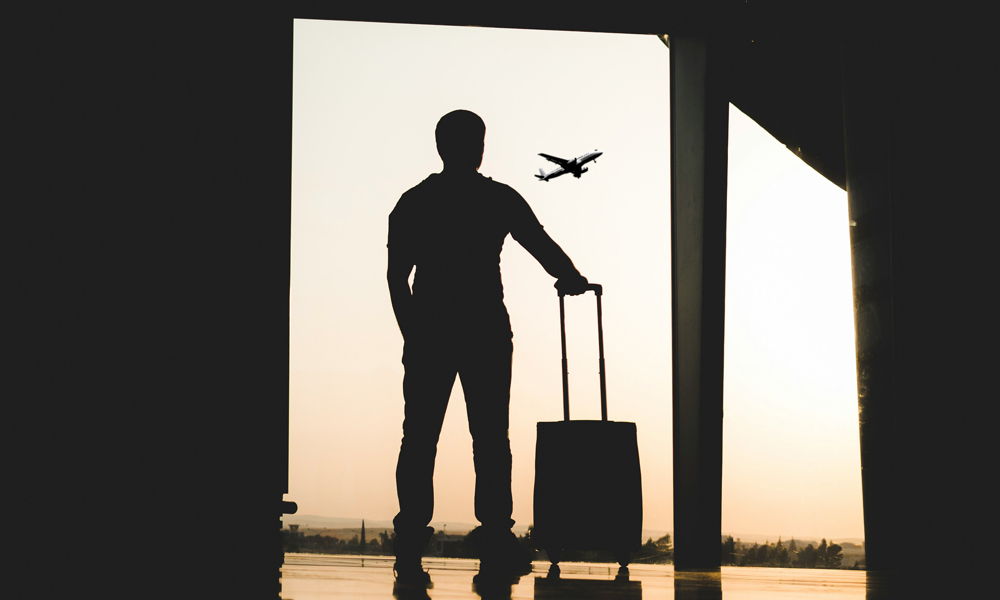
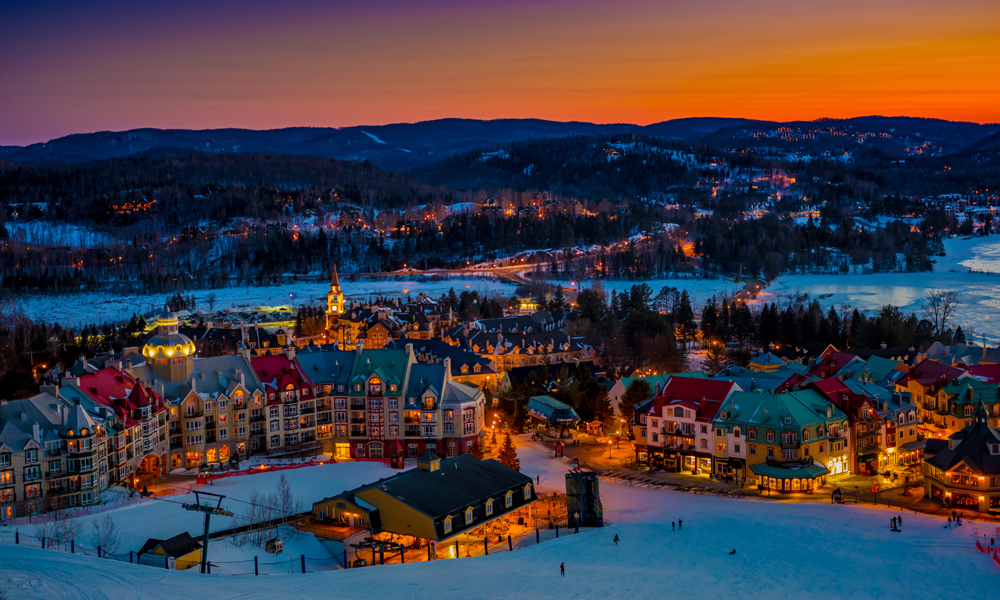
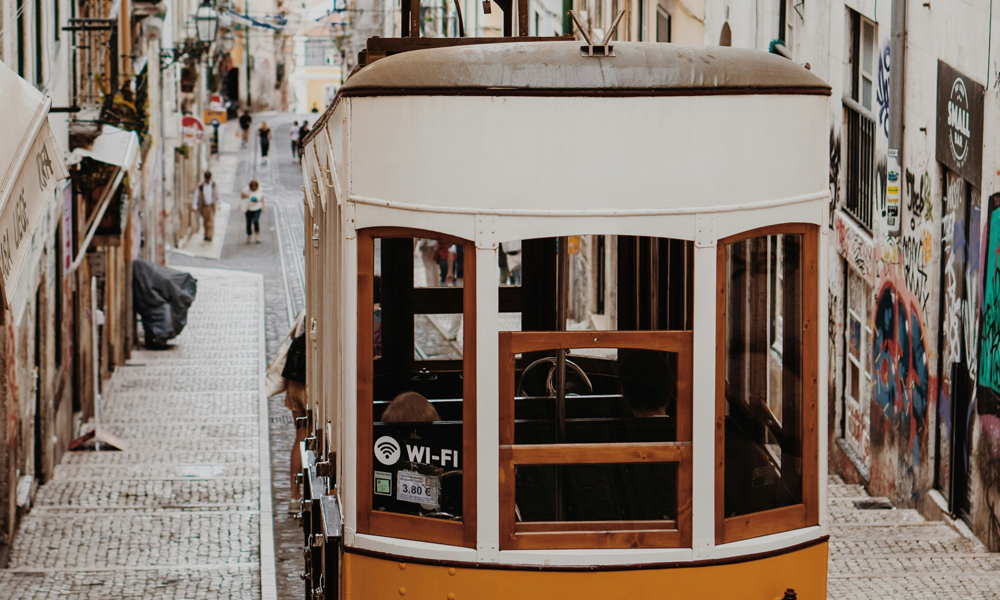

POST A COMMENT